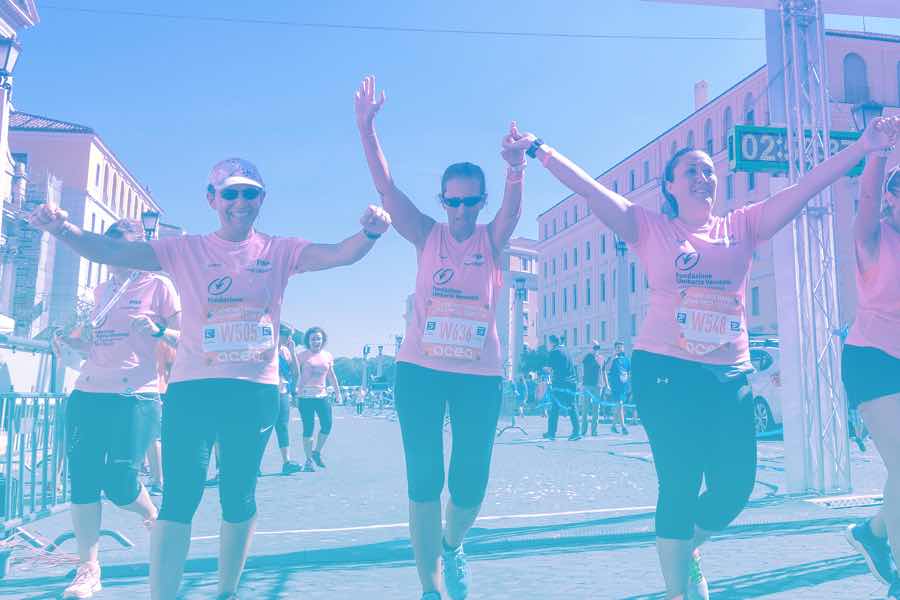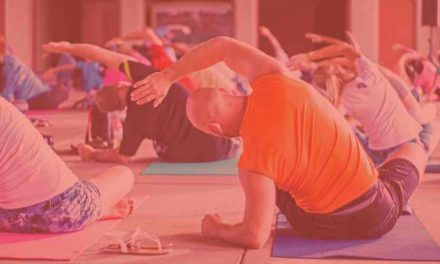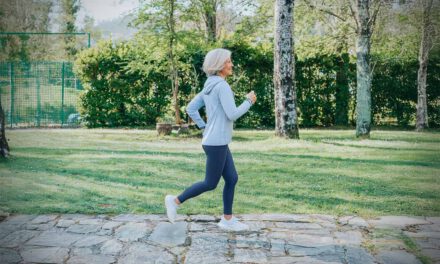Dear reader. Welcome to my blog!
You don’t need to be an athlete – or even aim to be one – to start running.
Just look at me. I just turned 58 and began running. Not a marathon yet, though.
I didn’t have much physical exercise before. I play golf with my husband, but I’ve never found an interest in exercising regularly. I’ve run here and there, but never regularly.
When I’m closing 60, I thought this is the time to revise my habits.
I wanted to get in better shape, feel more comfortable, and as a side effect improve my golf game.
I have no intention to run a marathon; I just want to go on Sunday morning runs with my friends and keep up.
Running around my neighborhood and exploring new routes is what I want to do. And challenge my body to lose weight.
Running is a great activity for a beginner like me to try:
- easy to start,
- cheap, and
- great thing to do with a friend.
It doesn’t take too much time. I can go for a run in the morning and finish it before 7 a.m.
And besides losing weight, there are other benefits like lower blood pressure, lower cholesterol, and so on.
But, wait, there is a study that suggests that too much strenuous jogging shortens your life.
The Journal of the American College of Cardiology:
http://content.onlinejacc.org/article.aspx?articleID=2108914
But that study doesn’t change what the other evidence shows: most of us Americans need not worry about exercising too much. We exercise too little. So it’s not like many people are harming themselves by running too much.
Is running bad for you?
I had a neighbor lecture me about how bad running is, and how the joints would suffer later in life. That’s a silly thing to say to a person who is just starting to run.
So as a runner, you might often hear that people say running is bad for you.
Most runners have heard that they should stop running and running is too hard on the body.
I’m happy to say, I disagree. Now let me show you some research to back up why I believe running is right for me.
Older Runners
If you are over fifty, running gives you an advantage compared to non-runners, as it protects against disabilities and early mortality.
The study by the Archives of internal medicines.
Running and Knees
The Journal of Skeletal Radiology had a look at marathoners after ten years of running. Only one runner had decay in the knee joint. And he had it because of a non-running knee injury.
Running and Arthritis
Running does not raise the risk of osteoarthritis by a study from the American Journal of Preventative Medicine. They examined long-distance runners and non-runners with serial knee radiographs. Runners did not have more osteoarthritis than non-runners.
Why Runners Often Get Injured?
Don’t get me wrong; running can lead to injuries and other health problems. But that is an issue with any other high impact sport.
Verywellfit reminds that it’s important to add strength training and improve your balance as you age.
What causes trouble is the way you go about the activity. So what I’ve learned so far:
- Start with the low intensity and build it slowly.
- Don’t run too much too soon at a too quick pace.
- You should always start your workouts with a decent warm-up and finish it with a cool-down.
- Stretch afterward.
- You should have the proper running shoes.
- Develop good running habits such as proper running form.
- Remember to have rest days.
- And never ignore pain or injury.
Conclusion
Running is quite a high impact on the joints; there is no getting away from that. It might cause wear and tear.
But it is a great cardiovascular workout.
I try to run three times a week at most. And I find other ways to exercise the rest of the time. That way, joints should have enough time to recover in between runs.
– R –






Recent Comments